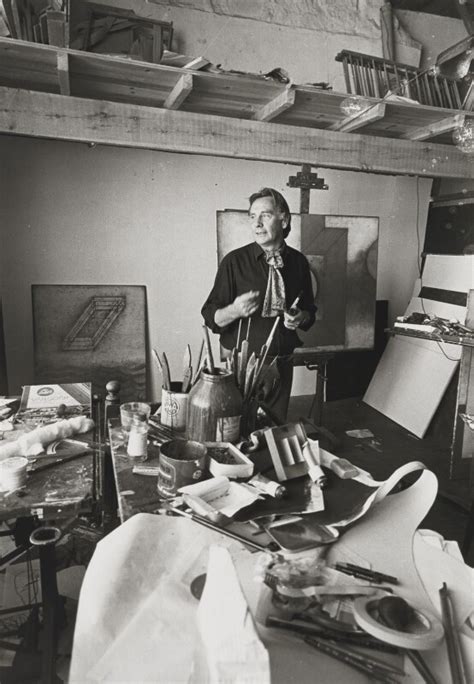A Quote by Tennessee Williams
It is, perhaps more than anything else, the arrest of time which has taken place in a completed work of art that gives certain plays their feeling of depth and significance.
Related Quotes
The gospel has done its work in us when we crave God more than we crave everything else in life - more than money, romance, family, health, fame - and when seeing His kingdom advance in the lives of others gives us more joy than anything we could own. When we see Jesus as greater than anything the world can offer, we'll gladly let everything else go to possess Him.
Music expresses feeling, that is to say, gives shape and habitation to feeling, not in space but in time. To the extent that music has a history that is more than a history of its formal evolution, our feelings must have a history too. Perhaps certain qualities of feeling that found expression in music can be recorded by being notated on paper, have become so remote that we can no longer inhabit them as feelings, can get a grasp of them only after long training in the history and philosophy of music, the philosophical history of music, the history of music as a history of the feeling soul.
Perhaps more than anything else, failure to recognize the precariousness and fickleness of confidence - especially in cases in which large short-term debts need to be rolled over continuously - is the key factor that gives rise to the this-time-is-different syndrome. Highly indebted governments, banks, or corporations can seem to be merrily rolling along for an extended period, when bang! - confidence collapses, lenders disappear, and a crisis hits.
It is hard to think of any work of art of which one can say 'this saved the life of one Jew, one Vietnamese, one Cambodian'. Specific books, perhaps; but as far as one can tell, no paintings or sculptures. The difference between us and the artists of the 1920's is that they they thought such a work of art could be made. Perhaps it was a certain naivete that made them think so. But it is certainly our loss that we cannot.
Man is said to be a reasoning animal. I do not know why he has not been defined as an affective or feeling animal. Perhaps that which differentiates him from other animals is feeling rather than reason. More often I have seen a cat reason than laugh or weep. Perhaps it weeps or laughs inwardly - but then perhaps, also inwardly, the crab resolves equations of the second degree.
As the acceptance of democracy brings a certain life-giving power, so it has its own sanctions and comforts. Perhaps the most obvious one is the curious sense which comes to us from time to time, that we belong to the whole, that a certain basic well being can never be taken away from us whatever the turn of fortune.
As Aristotle said, 'Excellence is a habit.' I would say furthermore that excellence is made constant through the feeling that comes right after one has completed a work which he himself finds undeniably awe-inspiring. He only wants to relax until he's ready to renew such a feeling all over again because to him, all else has become absolutely trivial.





































